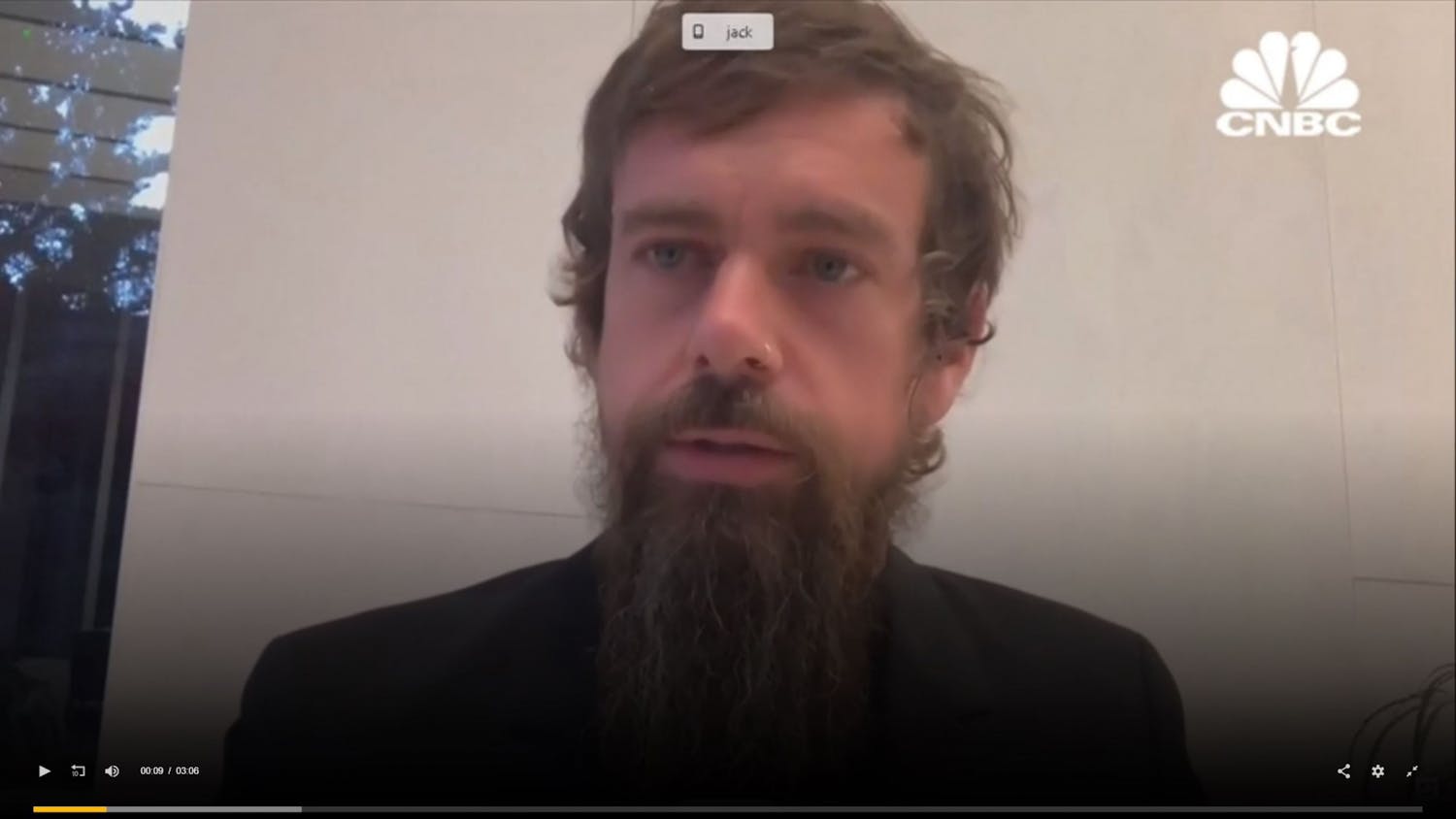Seeing iLoveMakonnen for the first time live was a sobering experience. I am ashamed to admit that I know almost every lyric from each song on his mixtapes “Drink More Water 4” and “Drink More Water 5.” No, I am not from Atlanta, and no, I do not move bricks of cocaine as my day job, but there’s something electrifying in jumping up and down while belting lyrics that have no relevancy in my daily life. So when he appeared at the Green Stage at Pitchfork Music Festival this summer, I readily buried my thoughts about how I would feel about this music in even 10 years and sang every song I knew.
Unfortunately, those repressed feelings of future regret quickly resurfaced as I began to realize iLoveMakonnen had no stage presence whatsoever. Nonexistent enthusiasm, coupled with iffy timing of his own verses, made me realize that I was using my own enthusiasm to make up for a blunder of a show.
As a crafter of hooks and gatherer of producers, iLoveMakonnen rises above the rest. His actual musicianship, however, suffers from the same symptoms that many come-up hip-hop artists experience in the Internet era. Artists whose songs have gone viral experience fame and recognition far too early in their careers, to the point where they don’t have time to hone their craft before they hop on the plane for a world tour.
When returning to school, I wondered if I would hear T-Wayne’s “Nasty Freestyle” as frequently as I did at the end of freshman year. The song set the Internet on fire last spring, rapidly maneuvering through Vines and Instagrams of people dancing to the now infamous opening line, “First let me hop out the motherf***ing Porsche.”
{{tncms-asset app="editorial" id="43f8d716-55b7-11e5-a466-e3f1035d86f6"}}
School starts, I go to parties, and not one person dares to play the freestyle that echoed through dorm halls and frat houses all semester long. T-Wayne’s most recent efforts include a “Molly Freestyle” and “Want Sum Mo” freestyle. Both have considerable YouTube view counts, but one can’t help but wonder if the interest in these follow-ups is simply an after-rumble of the reign of “Nasty Freestyle.”
Who knows if anybody would have ever heard of T-Wayne if it wasn’t for a single remark about Porsches that propelled the song through the viral universe? These days it only takes one iconic hook to resonate with millions of listeners.
Rappers have almost become just another instrument for the real players in the current landscape of hip-hop: the producers. They get to hone their craft while maneuvering into circles of some of the biggest names in hip-hop. And when producers are done working with a certain artist, there are thousands more DM’ing them on Twitter asking to get a studio session.
The producer tags played at the beginning of songs now serve as a sort of endorsement for whoever is about to drop a verse. Hearing “Metro Boomin want some more” in the intro of a track is a seal of approval that guarantees a certain level of quality coupled with a familiar sound.
While the majority of artists are hardworking and will do whatever it takes to put a great track together, there are definitely some rappers that lean too hard on their producers, and hope for a track that goes big on name power alone. “Can’t Fit” is a well-produced beat by Metro Boomin, which Chief Keef borderline ruined with his blatant refusal to rap on time. Producers keep climbing the totem pole and honing their craft with every beat they make, while hook-focused rappers can stay at the same level for an eternity if they refuse to improve.
Rock ’n’ roll bands are incapable of being plagued with success in the same way that viral rappers are. Rock musicians take years to discover their sound and find band members that can perform on the same level as them. Nobody is playing psychedelic rock or punk at clubs and parties, so they need to additionally overcome the lack of online exposure by playing enough shows that people start recognizing their name. The relationship between rapper and producer is much more informal, and simply requires the two to meet in studio for a week to put out some new tracks.
It doesn’t have to be that way, though. Nowadays, rap albums entirely produced by one person are a treasured rarity. While Future’s Dirty Sprite 2 shares similar sounds with the rest of the Atlanta trap scene, the cohesion with which Metro Boomin produces makes for a much more fulfilling experience when listening to the album all the way through.
In episode seven of “Noisey Atlanta,” a member of iLoveMakonnen’s entourage explained, “You’re not from Atlanta anymore, you’re from the Internet.” Maybe the reason why Internet success doesn’t always translate to real world success is because they’re entirely different ball games. Any artists, rapper or otherwise, can achieve viral fame by putting out a massive work of songs, grinding nonstop until something sticks. The songs that aren’t successful can easily be deleted or forgotten. Meanwhile, rock bands are stuck with their work. Too many bad songs, and they’ll be written off as just another group that’s destined to play dive bars.
In the next two years, there will be a defining point where it will finally be clear as to whether current hip-hop artists are sticking around in the mainstream. Future is playing it safe, putting out full albums with consistent and quality production, all the while improving his lyrical abilities. Rae Sremmurd is going with the “let’s live it up now and worry about relevancy later” mentality. No matter what strategy rappers take, it’s clear that the Internet has fundamentally changed not just the way new music is distributed, but also the very sound of the music itself.






